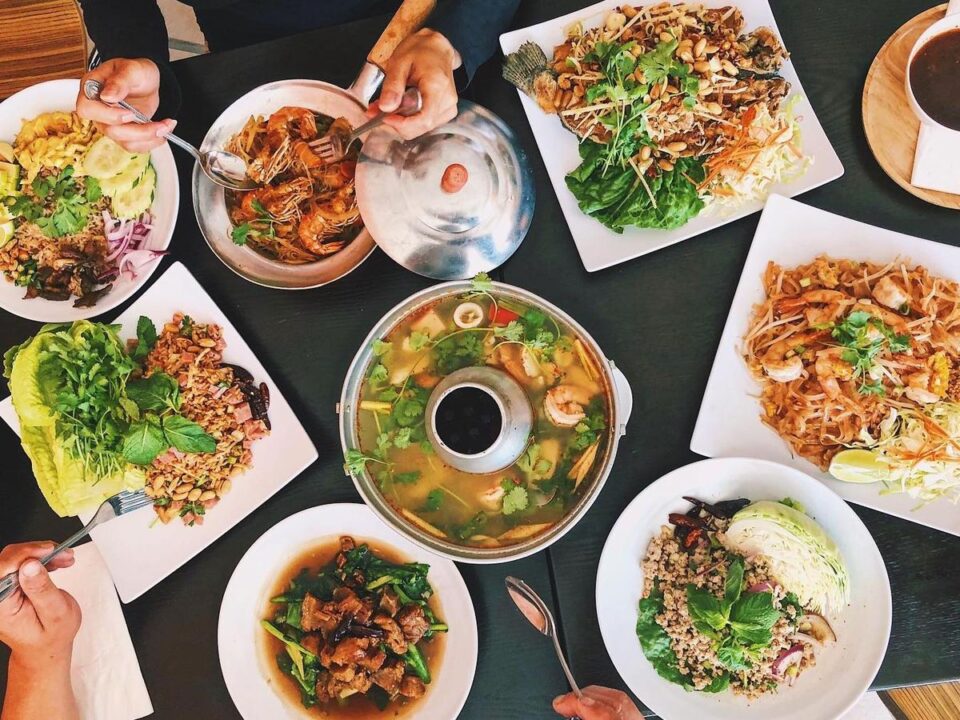The plea by business operators in the entertainment sector for the lifting of the alcohol sales ban in restaurants in the four maximum-control provinces deserves serious attention from the Centre for Covid-19 Situation Administration (CCSA) and the government.
The government imposed the ban, along with other lockdown measures, on Jan 5, following the mass outbreak that emerged in a Samut Sakhon shrimp market.
Initially, the ban applied to all virus-hit provinces, but after the situation stabilised in some of them, the CCSA began gradually easing curbs.
The alcohol ban was largely lifted on Feb 1, except in Samut Sakhon, Bangkok, Nonthaburi, Pathum Thani and Samut Prakan, where pubs and karaoke parlours remain closed.
The ban has dealt a heavy blow to businesses and workers that have yet to fully recover from the first outbreak in 2019.
The Craft Beer Association of Thailand yesterday urged the Public Health Ministry to lift the ban on the sale of alcohol in restaurants, saying more than 5,000 operators have been hit hard by the restriction.
During a demonstration at the Public Health Ministry early this week, some brewers and pub operators were so frustrated that they poured alcoholic beverages over themselves because their first appeal, which was issued last month, went unheard.
The strict ban is based on the assumption that alcohol consumption will worsen the Covid-19 infection situation.
The cluster of infections following a DJ’s birthday party, where alcohol was served, seems to have intensified the CCSA’s attitude against alcohol.
It’s based on the same idea as the daily ban on alcohol purchases from midnight to 11am and 2pm–5pm, which is senseless.
But the assumption may not necessarily be true and the ban simply misses the point.
There’s no explanation as to why people having a glass or two of beer or wine while having lunch or dinner pose more of a threat than those ordering soft drinks or plain water.
As one business operator put it: alcohol is not the problem. It’s careless big gatherings like the DJ’s birthday party, where attendees ignored anti-coronavirus guidelines, particularly social distancing.
With the harsh measures, everyone in the food and beverage industry is being punished.
We need more practical guidelines that are strict enough to curb the coronavirus spread while allowing businesses to survive the pandemic.
A good solution is for restaurants to limit the number of patrons at any one time, ensure social distancing, have temperature checks and conduct scheduled cleanings of chairs, tables, counters and any other surfaces.
Eateries must also comply with the CCSA rule regarding the 11pm closing time.
Such practical guidelines would allow businesses and people in the industry to make a living without breaching Covid-19 curbs.
“We want to get back to work and comply with disease control regulations,” one operator said.
“Covid-19 is likely to stay for a while so [health and safety] measures are needed to help us survive, otherwise we’ll keep losing work.”
There is no reason not to relax the ban on drinking alcohol at restaurants as there have been no infection clusters there. But it’s vital, of course, to ensure other basic restrictions are strictly followed, not just at eateries but at all public places.
bkk





